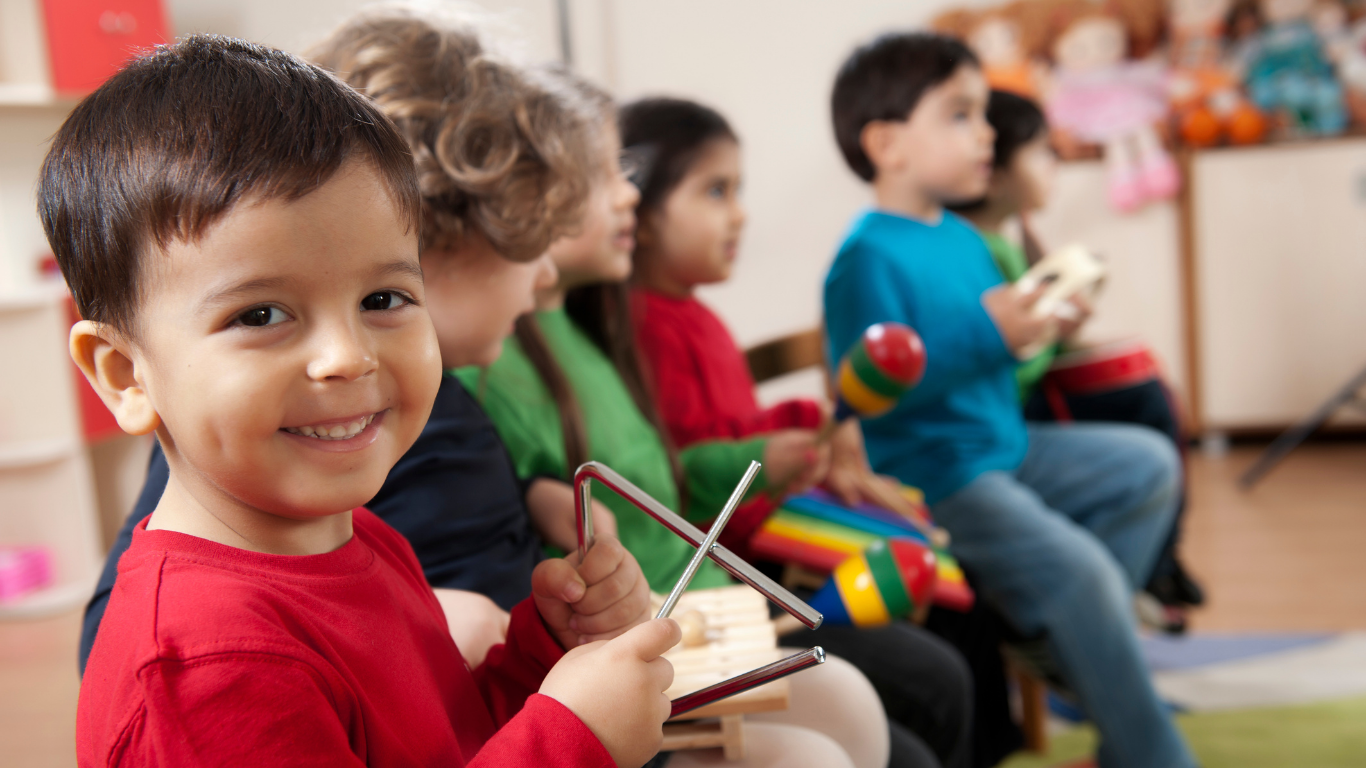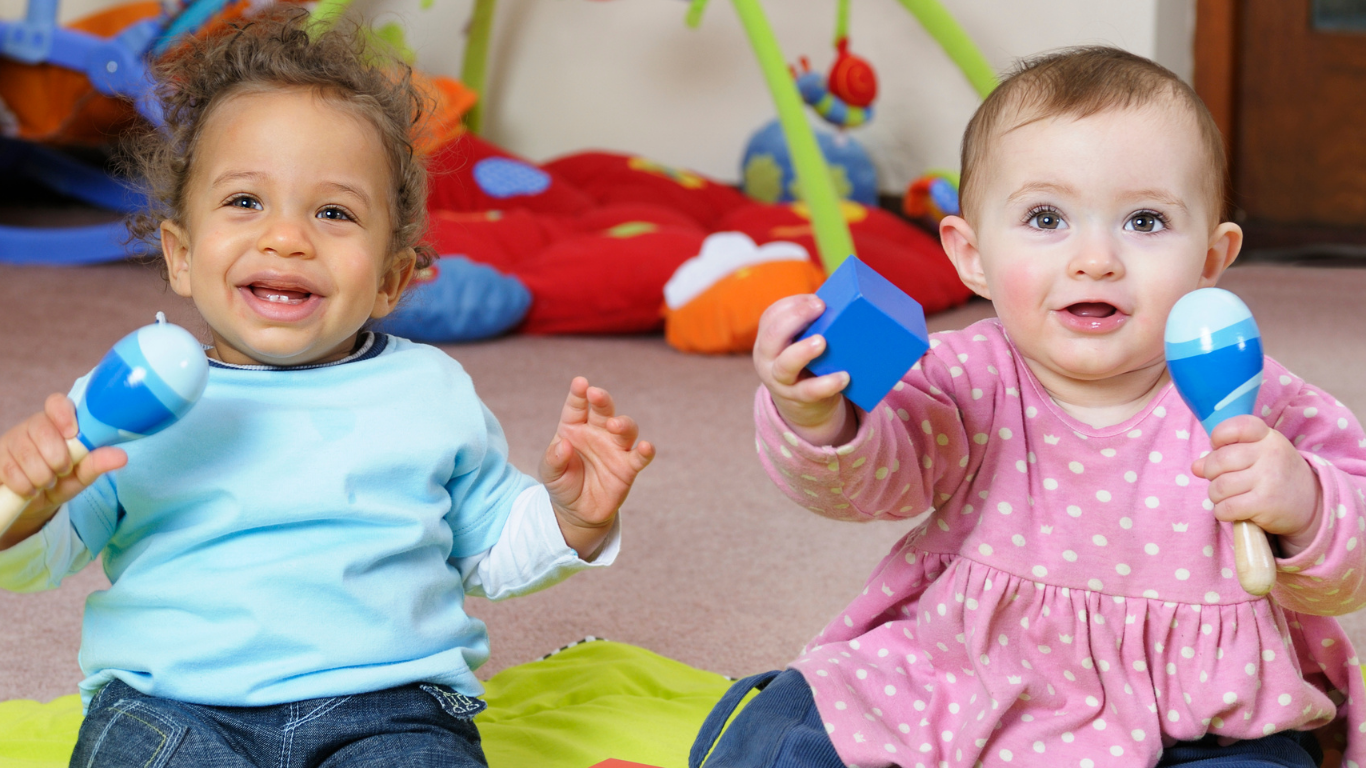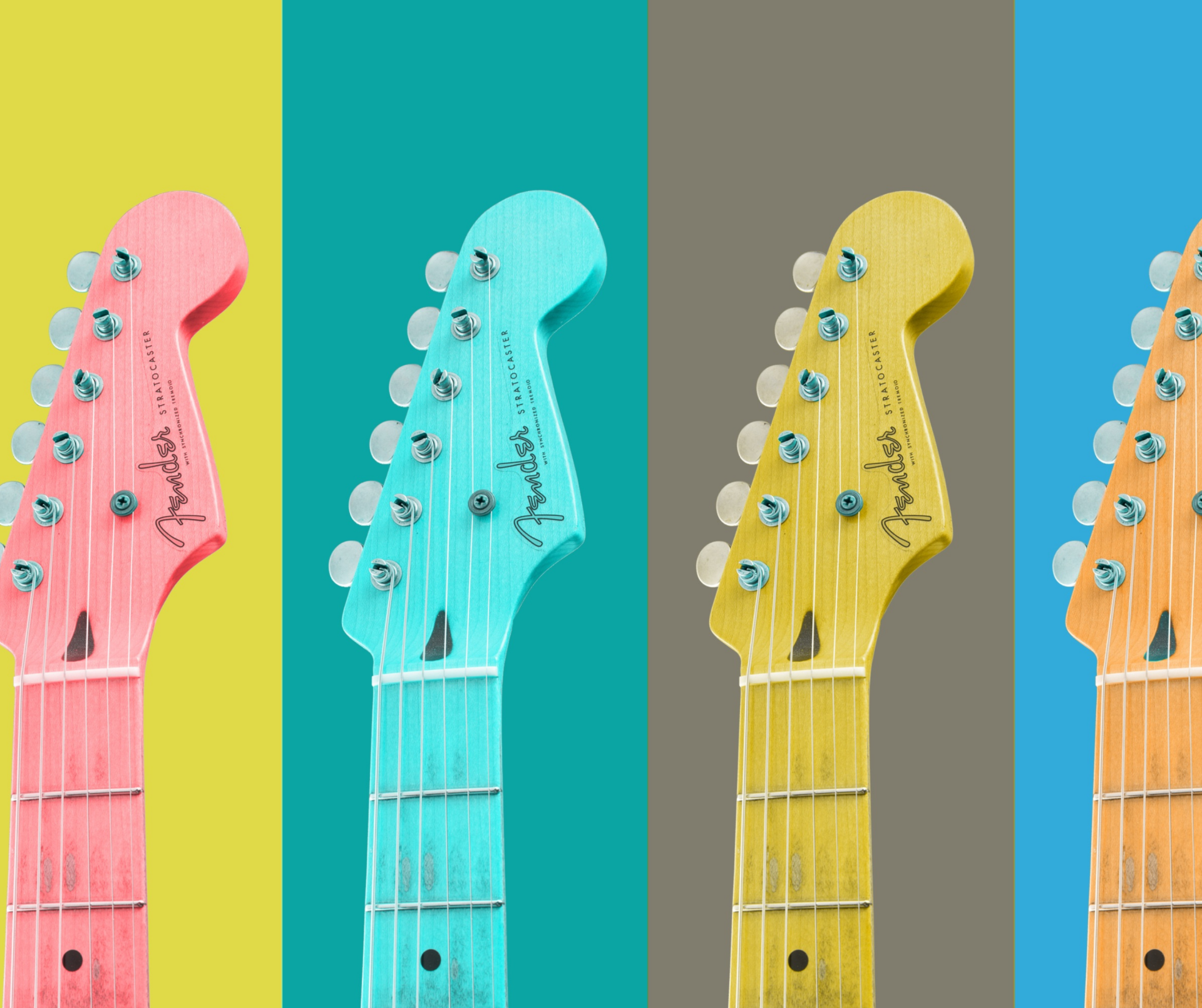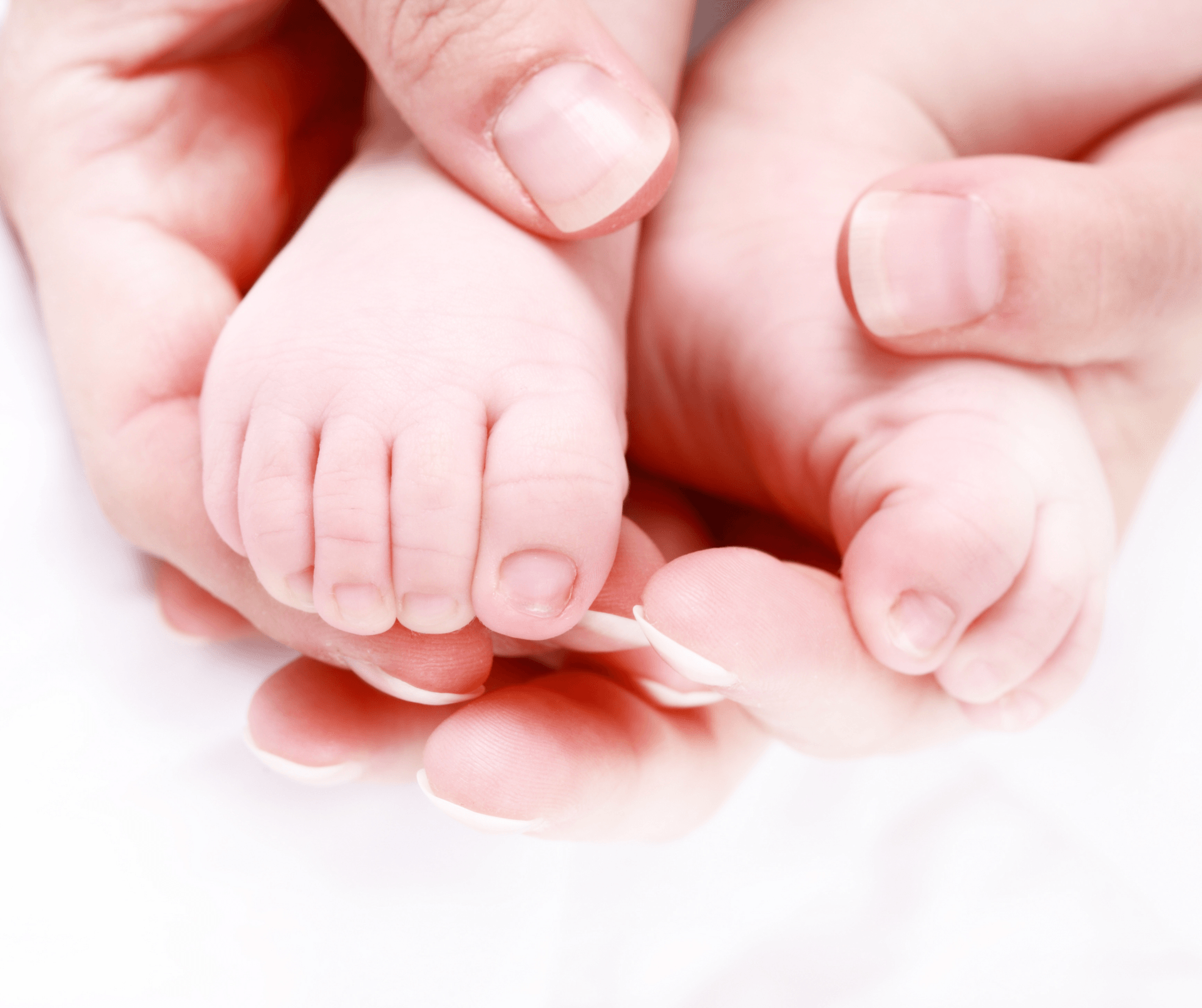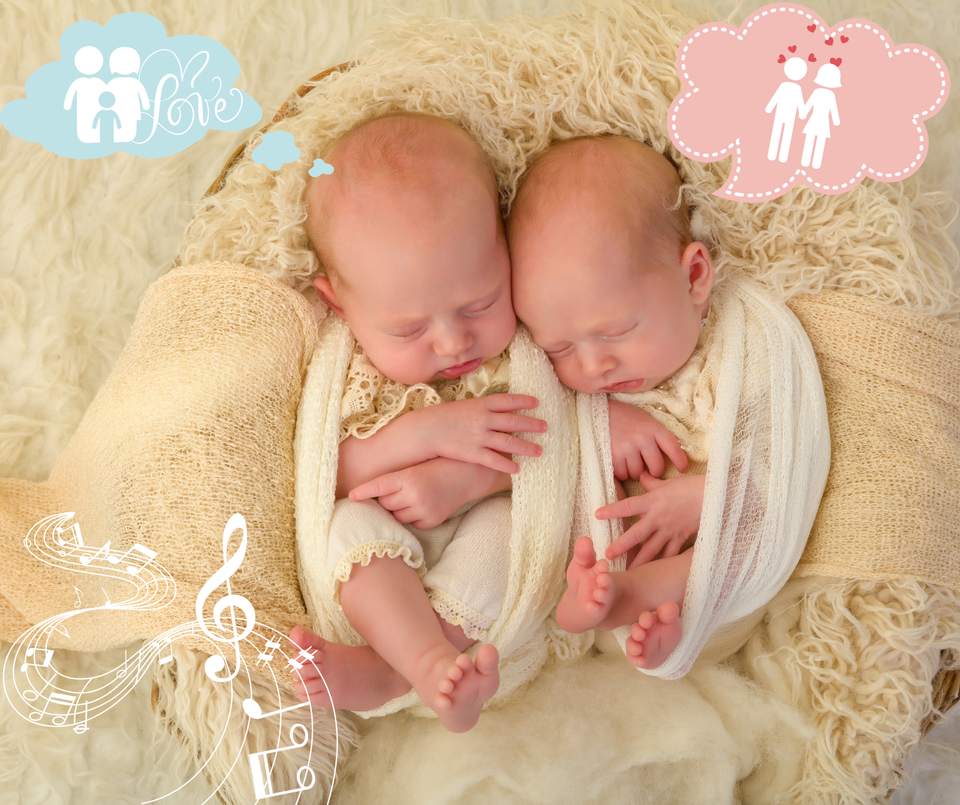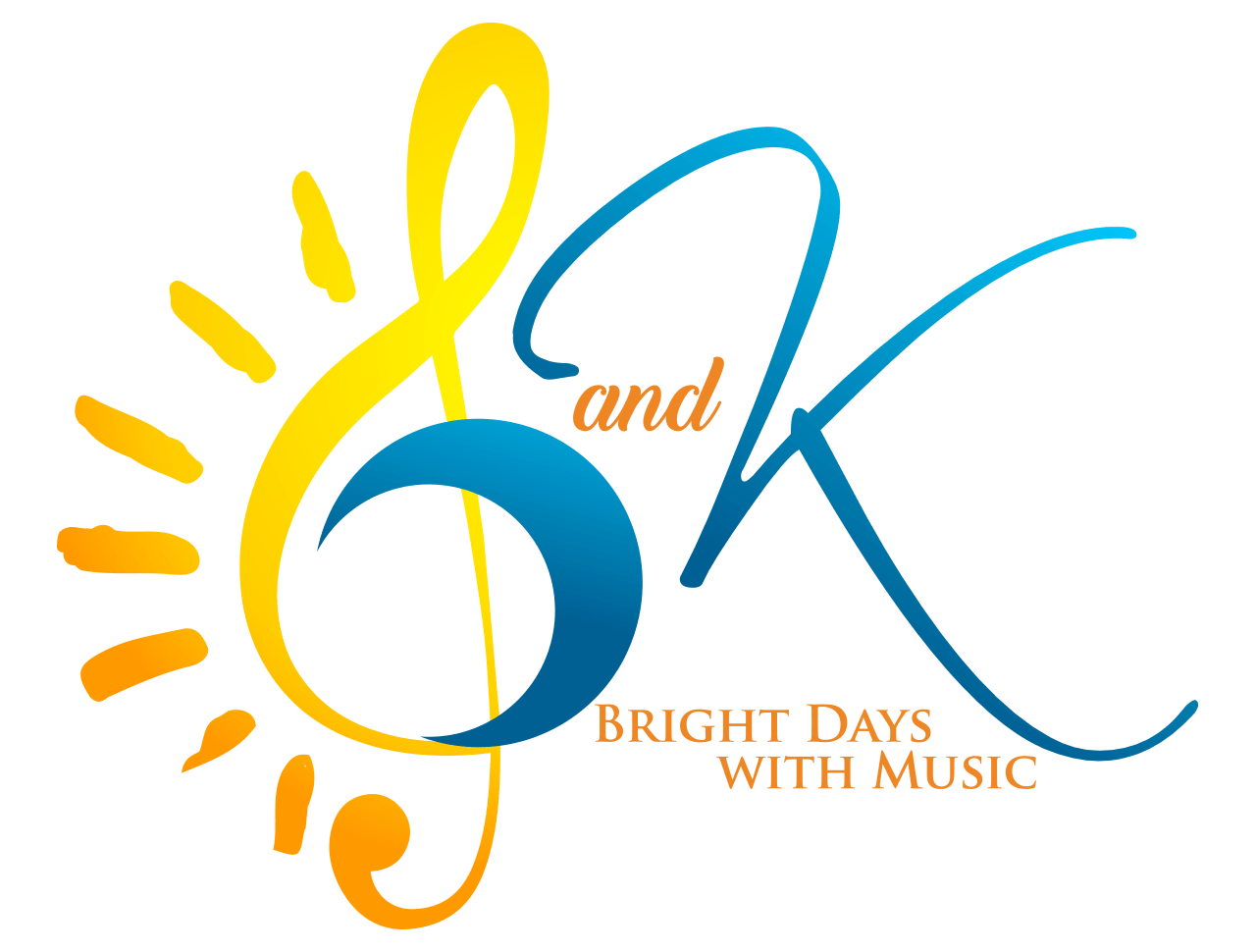Newborn Bonding: How Infant Music Classes Connect Parent and Baby
From the benefits of skin-to-skin to rocking to massage, there is so much conversation around newborn bonding. And that’s a good thing!
Here’s one idea you may not have heard of…infant music classes.
First, let’s look at the why, when, and how of this critical part of early development.
Why is newborn bonding important and when does it happen?
Bonding is a biological necessity for infants, so they are ready and willing to get started from the moment they take their first breaths!
In fact, sometimes it’s easier to focus on those vital connections when you’re in the hospital or during those first few weeks at home.
However, it’s important to note that lasting bonds are not just formed during the rush of love and relief that happens at birth, but built upon and made stronger over a long period of time.
How do babies bond?
Through touch, rocking, eye contact, feeding, attention, and verbal communication.
So, how does an in-person or virtual music class help?
When you think of “infant music class,” you might just picture a bunch of lullabies and swaying.
While those elements are part of what goes into a baby music class, there’s so much more!
Infant massage, toe and finger games, and plenty of rocking time are just the beginning of helping parents connect with their tiny humans.
What kinds of activities should an infant music class include?
Simple bounces, exploration of sounds, listening activities, and dances help babies communicate, stimulate their eye-tracking skills, and learn to move and coordinate their new muscles.
More importantly, new parents can begin to learn what their babies are trying to tell them (communication!) through these basic activities.
For example, during an “instrument exploration,” mom, dad, or another caregiver will move the instrument back and forth across baby’s field of vision to encourage eye-tracking and depth perception.
They might play the instrument gently and close to baby so she can hear, and then move it farther away or hide it, encouraging her to turn her head and find the sound.
All of this cognitive, physical, and musical development that’s happening is happening while you’re together, which leads to better communication and better connection.
A study out of McMaster University in Canada found that babies who participated in music classes with their caregivers “showed better early communication skills, like pointing at objects that are out of reach or waving goodbye.
Socially, these babies also smiled more, were easier to soothe, and showed less distress when things were unfamiliar or didn’t go their way.”
For babies, those social-emotional milestones stem directly from successful parent/caregiver bonding.
The pressure to achieve them is real, which is why music classes are a perfect stress-free option that lends guidance, support, and encouragement.
Will I gain confidence as a parent?
Glad you asked. Absolutely! Parent/caregiver confidence is a marker of positive newborn bonding.
Perhaps you’ve had this experience: You look down at your baby with a healthy amount of love and adoration, but also complete bewilderment and insecurity. “What do I do with her now that she’s here?” S & K Music
can help with that!
The music, activities, and clear developmental benefits shared in each class will give you ideas on what to do during baby’s waking hours, how to help her fall asleep, smoothing over “uncomfortable” times (like changing diapers or tummy time), and recognizing what your baby is trying to tell you. Plus, you’ll form a community of caregivers who are experiencing the same roadblocks, all while forming an unbreakable bond with your little one.

